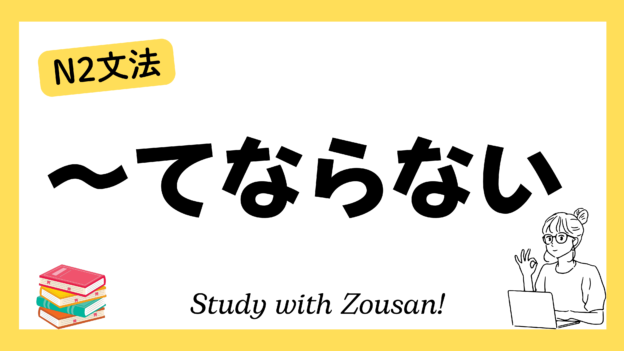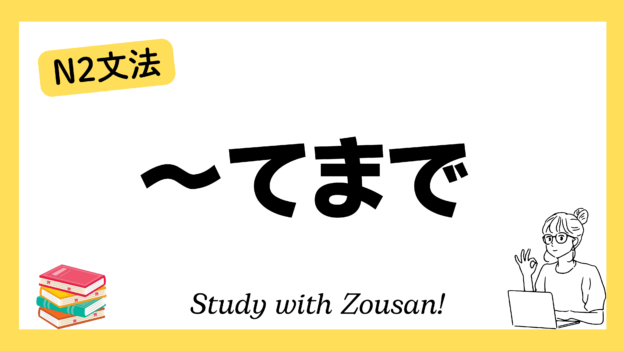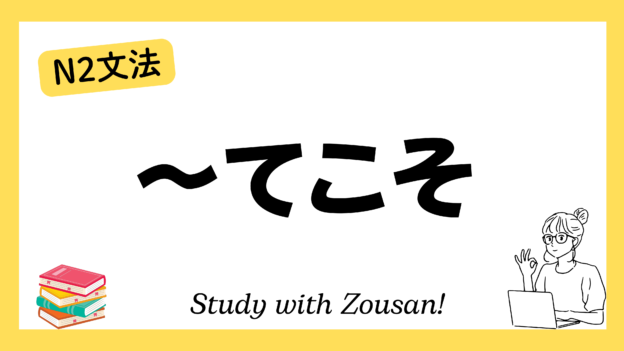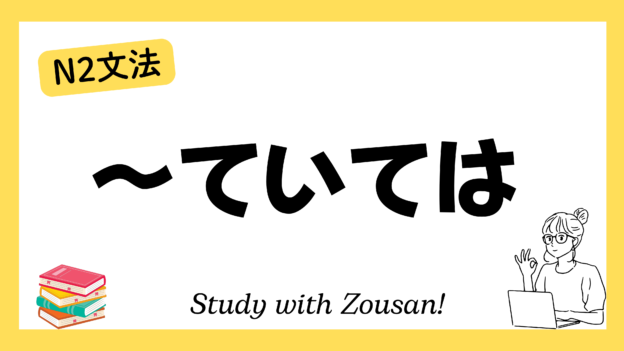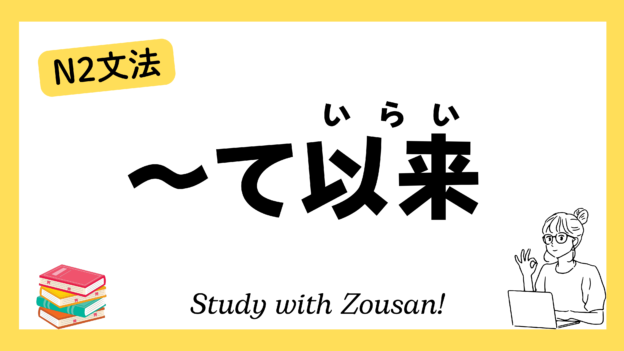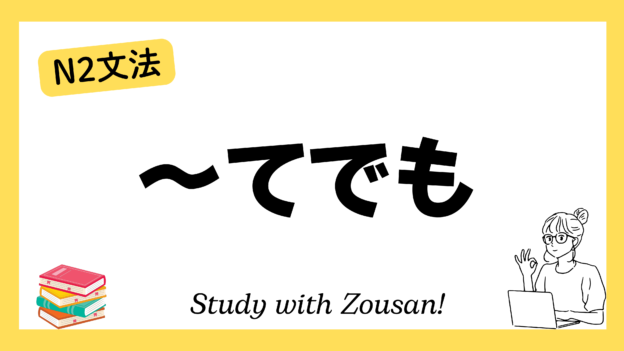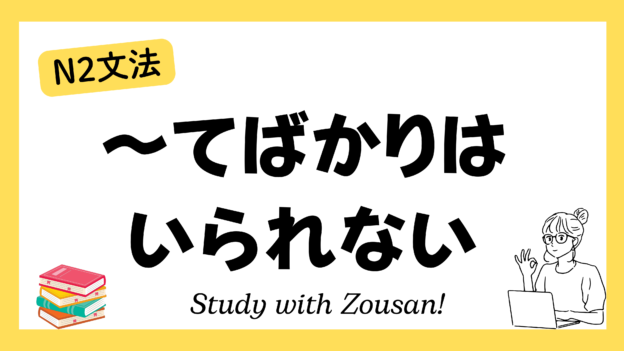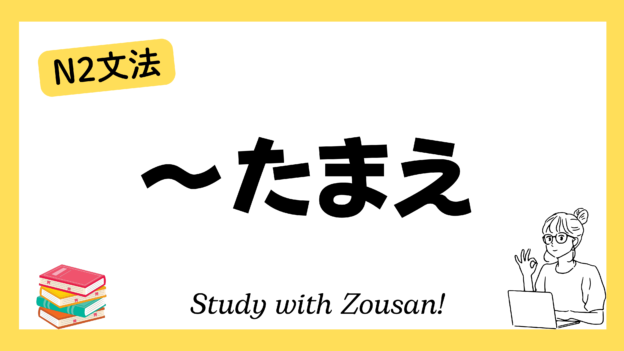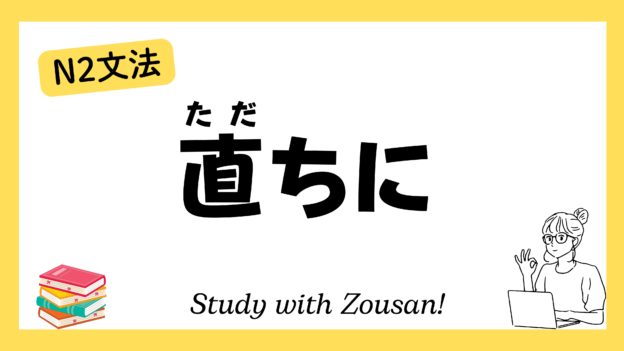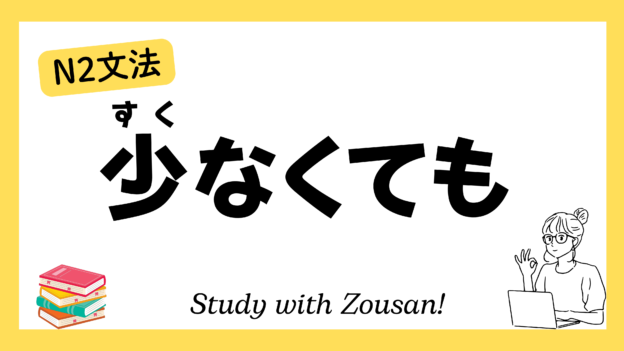Meaning: “Can’t help but…” / “Very…” / “Extremely…”
~てならない is used to express a strong, uncontrollable feeling or emotion, such as happiness, worry, regret, or dissatisfaction.
※Note:
・~てならない is often used with verbs that describe feelings or sensations (e.g., 気になる, 思える, 悔しい, 寂しい), and is not typically used with overly strong or negative emotions (e.g., 怒る, 嫌い).
・This structure has a natural tone, expressing emotions to the extent that they cannot be suppressed.
Structure:
| Verb (て form) | + ならない |
| な-adjective + で | |
| い-adjective + |
Example:
-
-
-
🌟 試験の結果が気になってならない。
(しけん の けっか が きに なって ならない)
I can’t help but be worried about the exam results. -
🌟 彼女に会いたくてならない。
(かのじょ に あいたくて ならない)
I really want to see her. -
🌟 将来が不安でならない。
(しょうらい が ふあん で ならない)
I’m extremely anxious about the future. -
🌟 この映画を見たときの感動が忘れられなくてならない。
(この えいが を みた とき の かんどう が わすれられなくて ならない)
I can’t forget the impression this movie made on me. -
🌟 子供の成長が嬉しくてならない。
(こども の せいちょう が うれしくて ならない)
I’m extremely happy about my child’s growth. -
🌟 彼の言葉が悔しくてならない。
(かれ の ことば が くやしくて ならない)
His words make me feel extremely regretful. -
🌟 一人暮らしが寂しくてならない。
(ひとりぐらし が さびしくて ならない)
Living alone makes me feel extremely lonely. -
🌟 この問題が気にかかってならない。
(この もんだい が きに かかって ならない)
I can’t stop worrying about this problem. -
🌟 失敗したことが悔やまれてならない。
(しっぱい した こと が くやまれて ならない)
I can’t help but regret my failure. -
🌟 彼の無事が気になってならない。
(かれ の ぶじ が きに なって ならない)
I’m extremely concerned about his safety.
-
-


